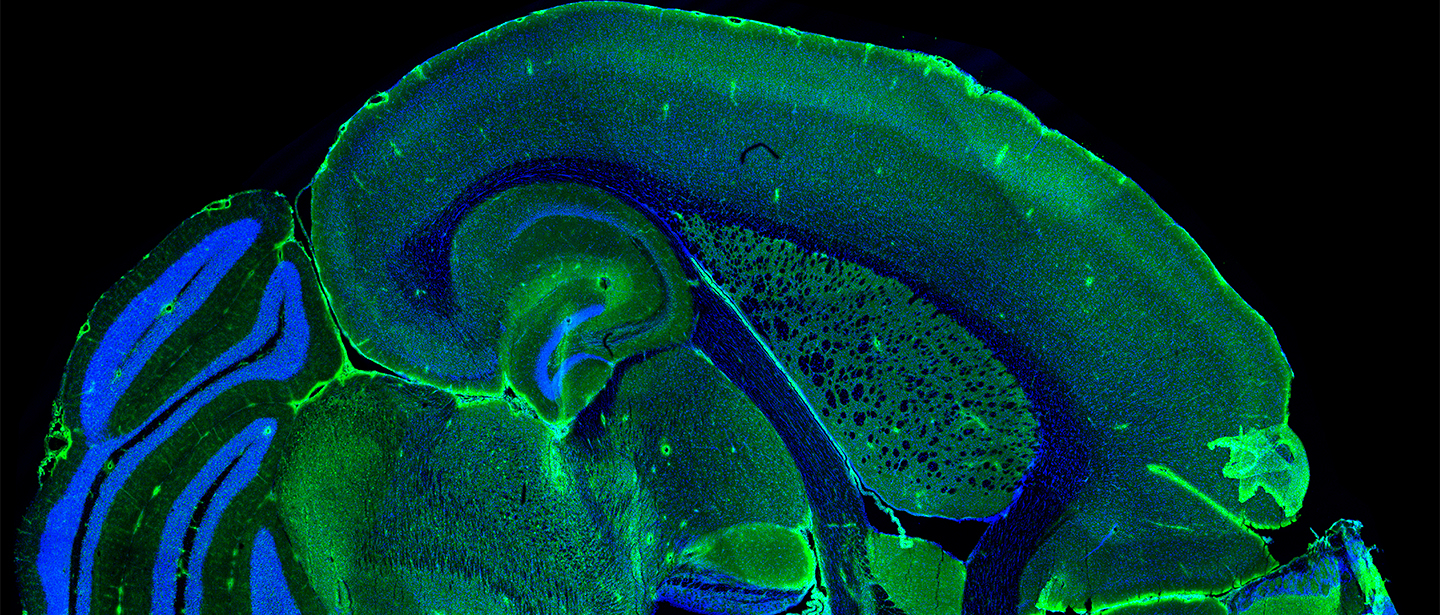Neural Stress: Herausforderung synaptischer Ressourcen

Synapsen sind auf grundlegende Ressourcen angewiesen, die ihre teilweise Autonomie bei der Weiterleitung und Kodierung von Informationen ermöglichen. Zu diesen Ressourcen gehören die lokale Energieversorgung durch Mitochondrien, die lokale Proteinsynthese durch synapsenassoziierte Ribosomen sowie die interzelluläre Kommunikation an der synaptischen Kontaktstelle. Unter Bedingungen mit übermäßigem Energieverbrauch, Nahrungsmangel oder ausgeprägten neuronalen Anpassungsprozessen geraten synaptische Ressourcen unter Druck und werden schließlich erschöpft. In der Folge werden Stressantworten aktiviert, die zunächst darauf ausgerichtet sind, belastende Bedingungen zu kompensieren, langfristig jedoch zu synaptären und neuronalen Funktionsstörungen führen können. Eine Reihe von Stressfaktoren im Zusammenhang mit Neuroinflammation ist bekannt, darunter metabolische Veränderungen, reaktive Sauerstoffspezies und Infektionen. Da synaptischer Stress ein grundlegendes pathophysiologisches Prinzip vieler neuropsychiatrischer Erkrankungen darstellt, ist es unsere Mission, die Mechanismen entzündungsassoziierten synaptischen Stresses aufzuklären.
Unsere Experimente konzentrieren sich auf die molekulare Kontrolle synaptischer Autonomie unter Stress. Hierzu setzen wir modernste epigenetische Methoden, Untersuchungen der mRNA-Biologie sowie fortgeschrittene Gewebekulturmodelle ein. Über lokale Prozesse an der Synapse hinaus untersuchen wir, wie synaptische „Sensorik“ die Genexpression im Zellkern entlang von Synapse-zu-Kern-Kommunikationsachsen steuert.
Experimentelle Methoden:
- Gehirnorganoide und Assembloids
- Organotypische Hirngewebekulturen
- ChIP-Seq-Analysen
- mRNA-Biologie
- Single-Nucleus-Sequenzierung
- CRISPR/Cas-basierte Geneditierung
Bei Kooperationsanfragen wenden Sie sich bitte an
Dr. Fabian Gather (Gruppenleiter, Gather.Fabian@mh-hannover.de) und Prof. Dr. Maximilian Lenz (neuroanatomie@mh-hannover.de).